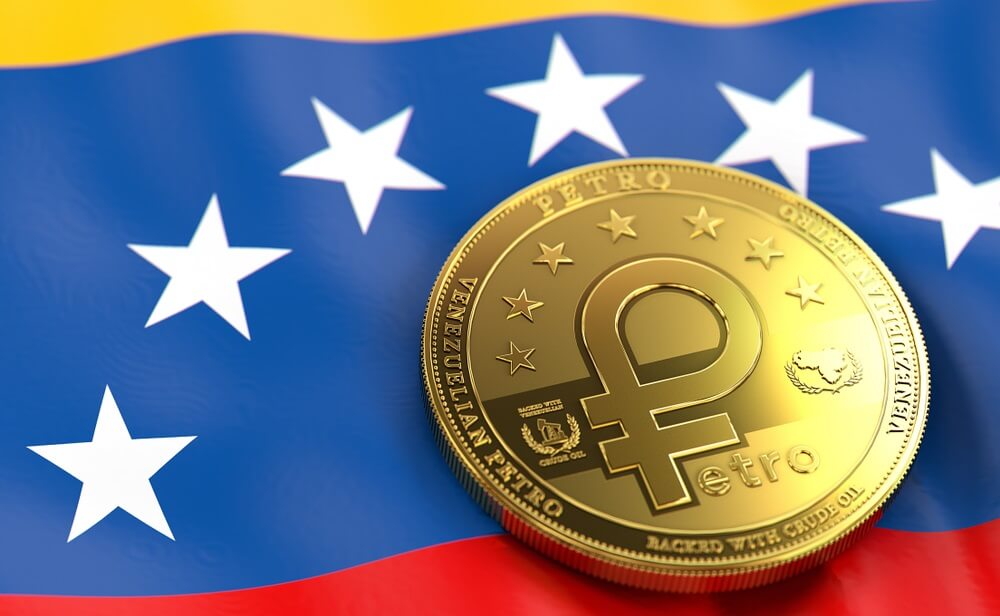The president of Venezuela, Nicolas Maduro, has ordered the nation’s central bank, Banco de Venezuela, to begin selling the Petro as a means of pushing the cryptocurrency towards becoming a national digital asset.
Will the Petro Reach a Mainstream Audience?
The move is controversial to say the least, with Maduro submitting the following order last Wednesday:
I hereby order that every branch of Banco de Venezuela opens exchange desks so that everyone can transact with El Petro and start using it. This is the new world where we can lead by example. We can do this from Venezuela. The world is looking at us. Cryptocurrencies must be democratized against a backdrop of economic sanctions, blocks and financial persecution.
To say the Petro has ever been a popular cryptocurrency would be an overstatement. While the Petro undoubtedly has a place in Venezuelan society, it can be argued that this place comes through force rather than natural interest or usage. Emerging in early 2018, a press release surrounding the Petro states that the currency is supported by the country’s many oil reserves, though this is never mentioned in the currency’s whitepaper.
The Petro has proven to be so controversial that U.S. president Donald Trump recently announced that all Petro-trading within America has been banned. Maduro has consistently attempted to push the currency’s reputation by making grandiose statements, including that billions of dollars-worth of units were sold during the currency’s initial coin offering (ICO), though this has also proven questionable.
One system of implementation that seemingly hasn’t worked is giving workers their salaries in Petro units rather than the bolivar, the national currency of Venezuela. The bolivar has seemingly been subjected to massive inflation, which ultimately caused Venezuela to slink from being the richest country in South America to one of the poorest.
Despite the heavy opposition the Petro has faced over the last year, Maduro’s current plans aren’t being met with skepticism by everybody. Jose Angel Alvarez, president of Venezuela’s National Cryptocurrency Association, had the following to say regarding the bank’s selling of the Petro:
It is a bold and correct decision to move forward towards a hybrid economy where the fiduciary currency of a country competes face-to-face with cryptocurrency.
Banks and Crypto – The Fight Is On
Agustin Carstens, general manager off the Bank for International Settlements, also commented:
It might be that it is sooner than we think that there is a market and we have to create our own digital currencies.
What both men appear to be saying is that the day has arrived in which traditional fiat currencies and crypto must go head-to-head to retain their places in the financial world. While each have their followers, no doubt they are in direct competition with each other, and whether they survive over the next ten years depends greatly on the fight they put up today.



